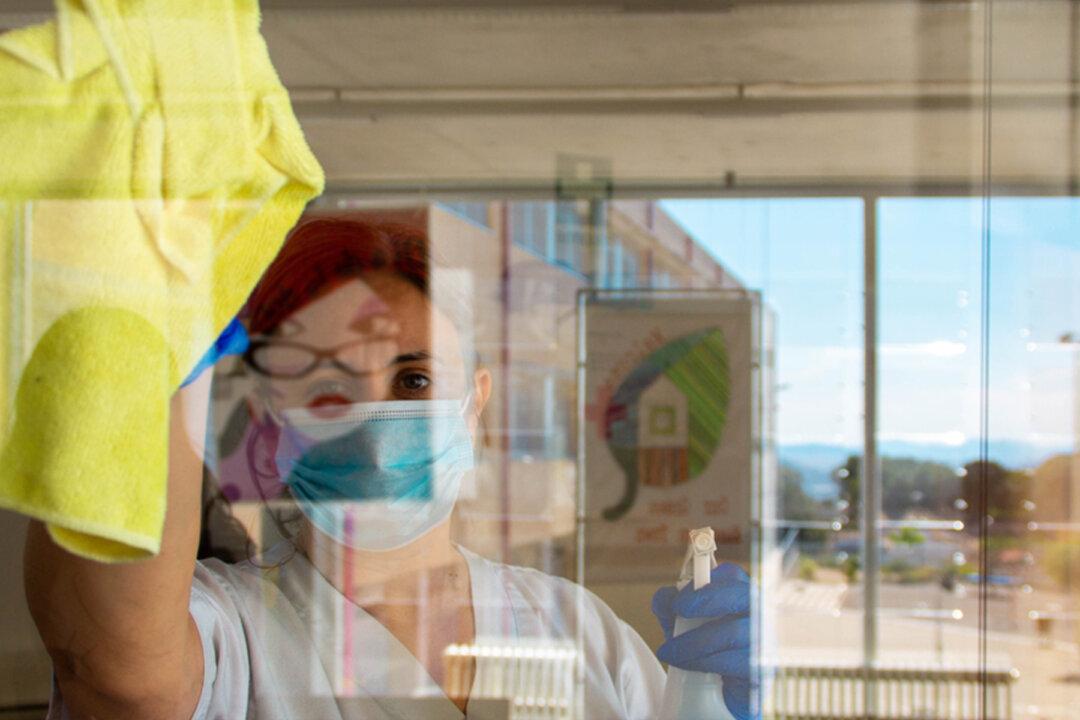The pandemic has pushed hygiene into the fore of people’s consciousness and changed the way we think about the simplest day-to-day activities.
It has also shone a spotlight on some “hidden heroes” who ordinarily would not stand out at all—the janitors and housekeepers who ensure health care centers are clean and safe enough for medical staff, who face the comings and goings of patients seeking testing or treatment.





